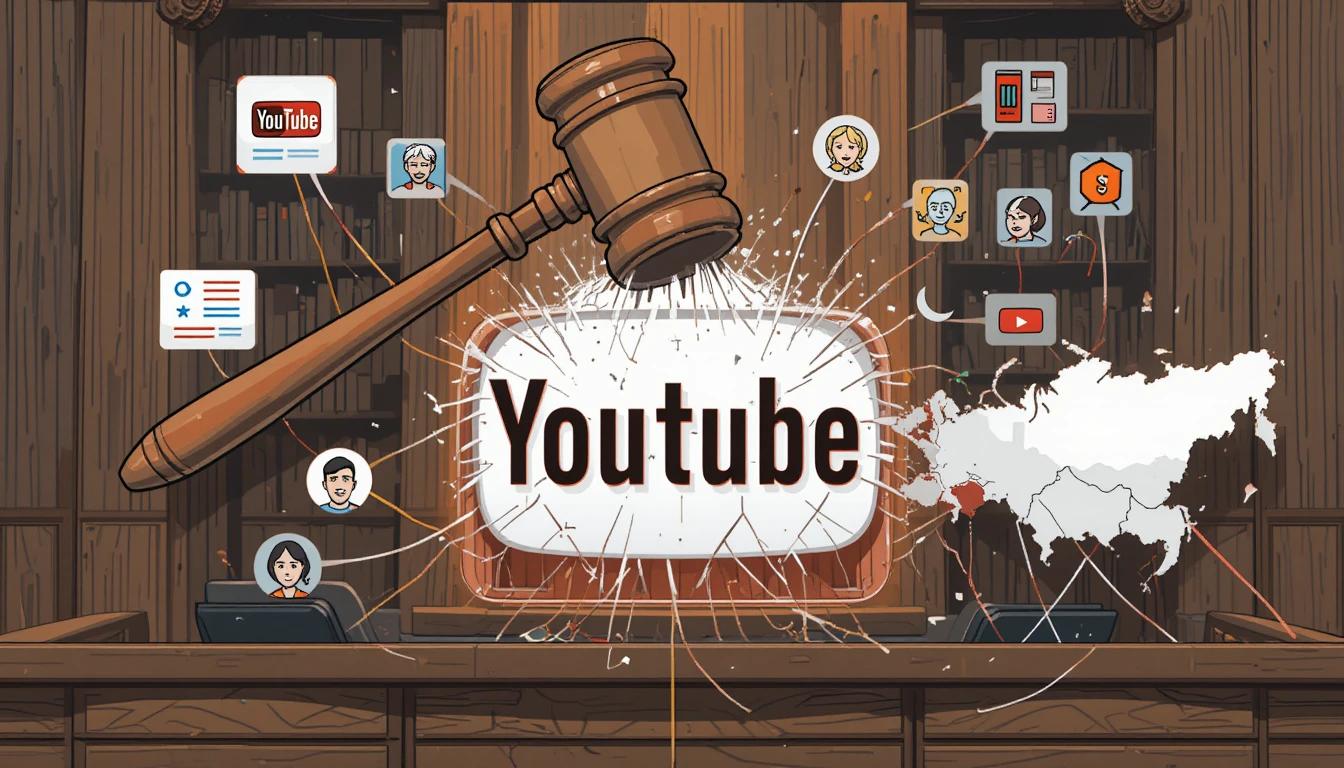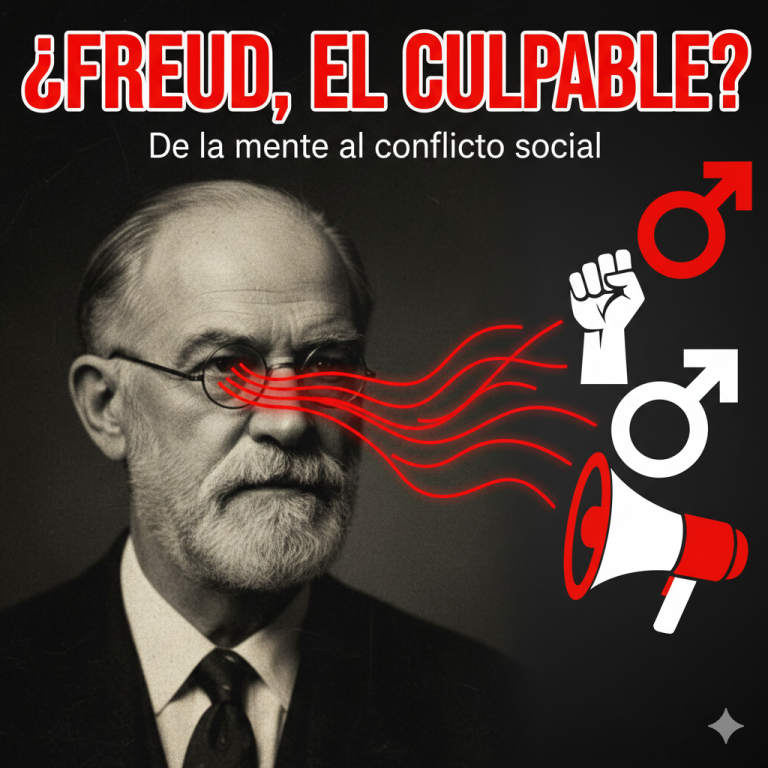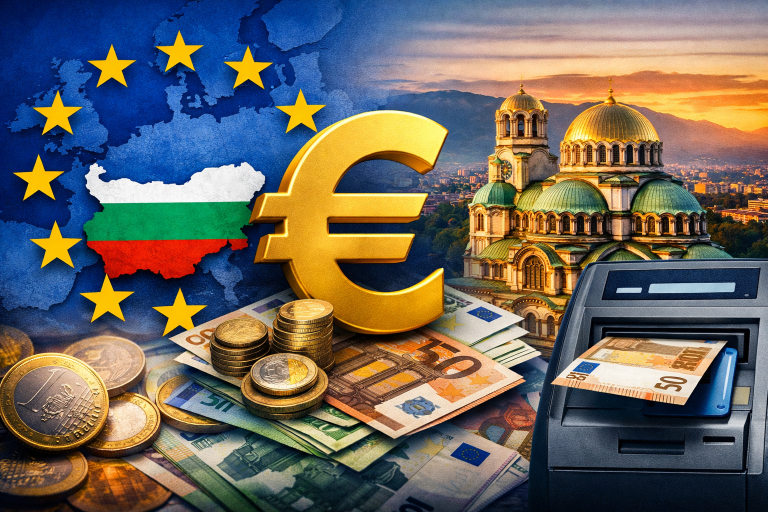
How Russia’s Fine Against Google and YouTube Ban Plans Could Affect the Economy
The Russian government’s recent moves to penalize Google and potentially block YouTube highlight a complex mix of politics, law, and economics. These actions carry serious consequences not just for the tech giant but for Russia’s economy as well.
The $20 Decillion Fine: More Than a Legal Punishment
A Russian court fined Google $20 decillion (a 20 followed by 33 zeros), a number so massive that it exceeds the world’s entire wealth. This fine resulted from a case that began in 2020 when YouTube banned the ultra-nationalist Russian channel
Tsargrad due to U.S. sanctions.
Since then, YouTube has removed hundreds of state-linked Russian channels, prompting legal battles. While the fine may seem symbolic because it’s impossible to pay, it sends a message: Russia is willing to impose massive penalties to pressure foreign tech companies.
For context, Google’s most recent quarterly earnings were $88.3 billion. Even at that rate, paying off the fine would take more than 56 septillion years, far longer than the universe has existed.
Impact on Businesses and Digital Advertising
If YouTube is banned and Google limits Russian companies from advertising on its platforms, businesses will face significant challenges. Many companies, especially small and medium-sized ones, depend on Google Ads and YouTube for affordable and effective marketing. Losing access to these tools would force them to find alternatives, likely raising costs and lowering their ability to reach customers.
For content creators, the potential loss of YouTube is even more devastating. Thousands of creators rely on the platform for income through ad revenue and sponsorships. Without YouTube, these creators may struggle to find other platforms that offer similar reach and monetization options.
Tech Isolation and Risks for Foreign Businesses
This fine is another example of how doing business in Russia has become riskier for international companies. Google already closed its Russian offices in 2022 and declared bankruptcy there after the invasion of Ukraine. Russian authorities have also seized $100 million of Google’s local assets.
For global investors, these developments make Russia a less attractive market. Foreign companies may be discouraged from investing in or collaborating with Russian tech industries, further isolating the country from global technological advancements.
Consequences for Russian Citizens and Companies
Blocking YouTube or limiting access to Google services could make life harder for Russian citizens and businesses. YouTube is a major source of education, entertainment, and information for millions of Russians. Its absence would reduce access to diverse content and force people to use state-controlled or less popular platforms.
For businesses, slower or restricted access to Google services would make it harder to operate efficiently. This includes everything from marketing to using tools like Google Drive and Gmail for daily operations.
The Russian government’s massive fine against Google and its consideration of a YouTube ban have far-reaching economic effects. From disrupting digital advertising and hurting small businesses to isolating the country from international tech and investment, these actions could ultimately harm Russia’s economy more than they help.







